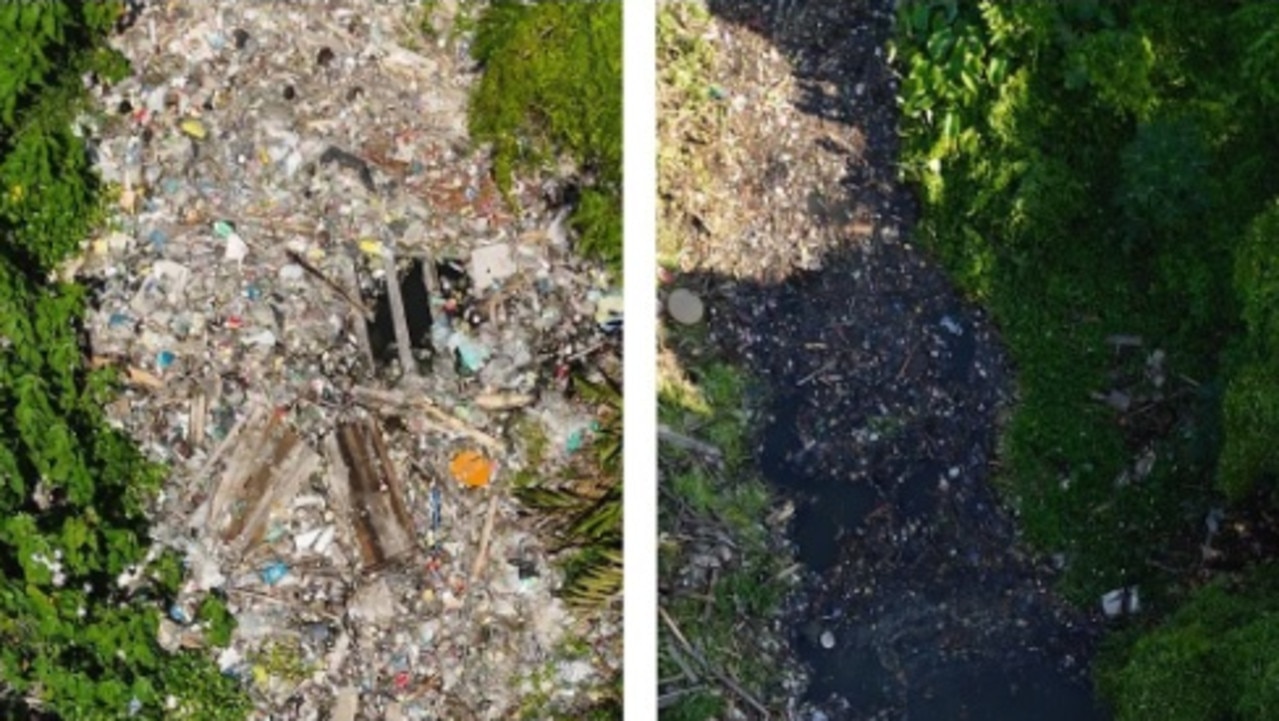Common things that are surprisingly banned in Bali
There are strict rules in Bali that we don’t have in Australia, which can catch us out when visiting our favourite home away from home.

Bali is so deeply beloved by Australians, and there are so many of us there at any given moment, that it’s easy to think of the Indonesian island as our home away from home.
But it’s not quite home — there are strict rules in Bali that are very different than in Australia, which can catch out complacent travellers.
Crucial cultural and political differences between Indonesia and Australia were apparent recently when the Indonesian government floated the idea of a law that would jail unmarried couples from having sex, including tourists in Bali.
RELATED: Bali tells Aussies not to panic over sex ban
RELATED: Which Bali beach is the best in Indonesia?
While Bali has since urged Aussies not to worry about the proposed sex ban, there are other things Indonesia has made illegal that are perfectly fine in Australia.
SLEEPING PILLS AND OTHER MEDICATION

As many Australians have learned the hard way, Indonesia has a no-tolerance attitude when it comes to drugs.
And sadly for travellers, this also effects some fairly innocent medication we travel with, including sleeping pills, which many travellers use on flights.
As well as sleeping pills, Australian prescription medication including strong painkillers containing codeine and medication for ADHD are among those banned from Bali.
Paracetamol, antidiarrheals and antibiotics should be OK but it is always advisable to check with the Indonesian embassy before leaving home.
For a fee, it can write a Certified Letter of Approved Medicines, but its website warns: “The letter is neither for legality purpose nor providing guarantee that you will be exempted from any checks and legal consequences that may arise.”
Earlier in 2019, an Australian model was detained in Bali and asked to pay $40,000 after officers found medication in her bag she said was used to treat anxiety and ADHD.
The advice to travellers is to keep medication in its original packaging, along with the prescription, and carry only what you need for personal use. Bring a letter from your doctor just to be safe.
NOT CARRYING YOU PASSPORT AT ALL TIMES

According to Indonesian law, people must carry their identification with them at all times, and for overseas visitors, this means passports.
However, many travellers feel uncomfortable carrying their passport in Bali, especially in places such as Kuta and Seminyak where tourists are frequently targeted by scooter thieves who snatch bags and belongings as they zoom past.
Many travellers opt to bring a copy of their passport with them when they’re out and about, leaving their actual passport safely locked in their hotel, as a compromise.
In 2019 Indonesian authorities began to impose fines on airlines who let passengers arrive in Bali with damaged passports. Tourists who do arrive in the country with a damaged passport could be sent home.
One thing that is absolutely certain, however, is that you need at least six months’ validity on your passport to enter Indonesia.
If your passport expires in fewer than six months, you won’t be let into the country, so double-check those dates.
GAMBLING

All forms of gambling is illegal in Indonesia and, therefore, Bali.
Underground gambling does exist but it is particularly risky to tourists — not only do they risk punishment, but many have fallen prey to gambling scams.
Last year, it was revealed a Perth man lost $200,000 in life savings to a gang of tricksters in a complicated card game gambling scam in Bali.
RELATED: Most common scams to avoid in Bali
The man was approached and befriended by a middle-aged woman in at the Discovery Shopping Mall in Kuta and then introduced to a series of other people, including a supposedly wealthy businessman who encouraged him to play a card game. As their gambling intensified, the man put up more and more of his money, which was eventually stolen.
“The perpetrators are professional criminals so won’t take no for an answer and put enormous pressure on their victims to take part,” Western Australia’s Acting Commissioner for Consumer Protection Penny Lipscombe said at the time.
“Once the game begins and money is invested, the victim thinks they have no choice but to play along as the stakes get higher.
“These fraudsters who are preying on unsuspecting tourists are probably part of an international organised crime gang so they are not the type of people anyone wants to get involved with, and victims could also be putting their safety at risk.”



